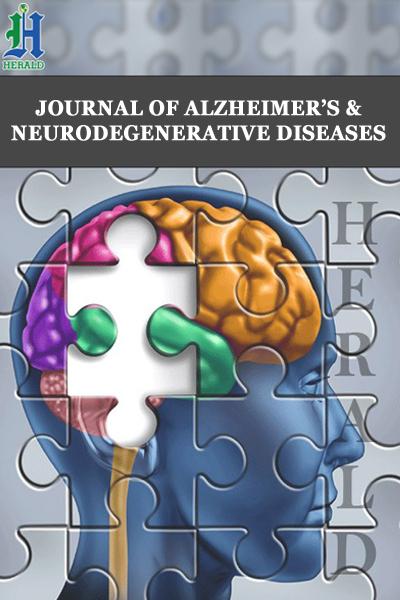
Parkinson’s Disease
Parkinson’s disease (PD) is a neurodegenerative disorder primarily affecting the motor system due to dopaminergic neuron loss in the substantia nigra. Core motor symptoms include bradykinesia, rigidity, resting tremor, and postural instability. Non-motor symptoms—such as depression, cognitive impairment, sleep disturbances, and autonomic dysfunction—are also common and may precede motor onset. Pathological hallmarks include the presence of Lewy bodies composed of aggregated alpha-synuclein. While idiopathic PD is most common, genetic mutations (e.g., LRRK2, PINK1, PARKIN) contribute to familial forms. Current treatments are symptomatic, centered on dopamine replacement therapies, though they do not halt disease progression. Deep brain stimulation offers relief in advanced cases.
Research is increasingly focused on disease-modifying treatments, alpha-synuclein-targeted therapies, and biomarker discovery for early detection. The journal encourages original research, clinical studies, and translational insights into the pathogenesis, progression, and therapeutic approaches for Parkinson’s disease.

